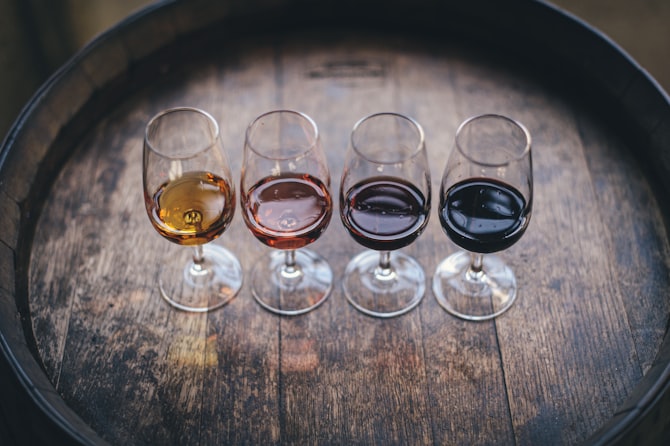When I first looked at the sustainability program of South Africa, the Integrated Production of Wine Scheme, I thought it was too easy, too lenient. Basically what producers have to do to be accredited is follow the law. Shouldn’t they do that regardless? Well, turns out it wasn’t that simple.
South Africa is both an old and a new wine producing nation. Groot Constantia, founded in 1685, is still making wine. But the modern wine industry started developing after the fall of apartheid in 1994. Until that point, all focus had been on quantity production of grapes for simple wines and distillates. This means conventional farming to the core - maximum herbicides, pesticides and a quick turnover of vines. The health of the workers or the health of the soils was not a priority.
IPW, similar to New Zealand’s sustainability program, is an inclusive program, aimed at getting as many producers to follow the minimal requirements as possible. It is not a seal to indicate those who go above and beyond. Members are encouraged to improve their score from year to year, but as long as they pass, they will not be kicked out if these improvements do not occur. Follow-ups are a combination of third party inspections and self-reports. The changes might not be enormous for the individual producer, but for the industry as a whole it has made a huge improvement in environmental impact according to one of South Africa’s most notable viticulturalists, Rosa Kruger.
Daniël Schietekat is the manager of the IPW program. We spent many hours discussing the program’s structure and impact on South African wine. According to Schietekat, the great advantage of the program is that it increases awareness and opens the lines of communication on sustainability questions. “Most producers have been doing the right thing for years”, he says. But not all farmers are interested or aware, nor do they all pass the basic criteria. Once a dialogue is started it is possible to make them more aware of risks and possible advantages of improving practices, of spraying less, of finding other alternatives. Waste-water handling and unsafe chemical storage are the main reasons producers have trouble getting approval. It might even save them money. “The aim of the scheme is to educate,” he continues.
The main reason I have been hesitant is because of consumers. It is easy to think that a wine carrying a sustainability seal goes above and beyond. However, in South Africa it has become a hygiene factor, and growers without the seal might have trouble selling their grapes to larger exporting producers. This has lead to an industry-wide improvement which can only be lauded.
Though not currently the intent, I still hope the scheme will gently nudge members forward so that the industry-wide improvements (confirmed by many environmentally conscious producers I visited) continue on a yearly basis. It is currently a seal to show that the producer makes minimal environmental damage rather than to prove absolute environmental sustainability. But with that taken into consideration, I nevertheless urge consumers to look for the seal and not buy any wines without it. If your favorite producer is lacking it (which I doubt), consider sending them an email and asking for the current status.
Wines to try this week:
Oak Valley Chardonnay (149 SEK, BS) - excellent, lightly oaked chardonnay with great balance and structure from cool climate Elgin. Beautiful vineyards working with biodiversity initiatives.
Mullineux Syrah (189 SEK, TS, nr 90253) - one of the most lauded syrahs at CapeWine 2012, bottles of the excellent vintage 2009 still available in Sweden, at a lower price than at the cellar door! Amazing wine for this money, stack up! The 2009 does not have the IPW seal because it came into effect in 2010, but these guys work with very sustainable vineyard practices.
Lammershoek LAM-range. Not available in Sweden (any quality, active importer reading this, send me a mail, this must be amended!) but popular in the UK. Great value for money from hands-off winemaker Craig Hawkins. Especially try the syrah and the chenin blanc - serious, fresh wines for less than a tenner. Pinotage not bad at all either, in spite of my general suspicion of the grape.
Av: Erica Landin











